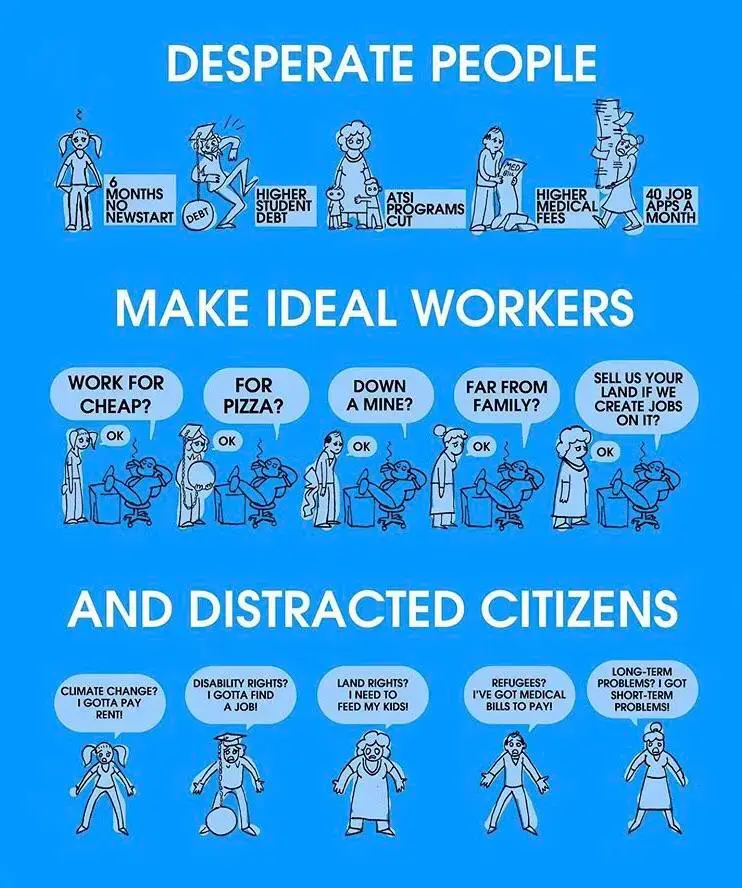Most job responses I get is they’re not hiring anymore due to restructuring. Aka they just go for pure profit increase while overworking the understaffed employees. No more remote interviews either. Tons of requests to do one sided video interviews. And the pays appear lower than they were during the main pandemic, even though all prices have gone up since. I’ve no clue how I’ll find a job, yet alone one which will cover my expenses just to exist. And the employers catch on and push abusive shit. My current job has unpaid overtime. I’m leaving, but I’ve no clue what fate holds.


The unpaid overtime is in my contract.
Depending on where you are, it still may not be legal. Law overrides contracts.
Also depends on the position type. If he’s salary exempt, no OT pay. These are typically like a management or executive position.
If you’re in the US, unpaid overtime is only permissible if you’re salaried exempt. To be salaried exempt:
Check out https://www.dol.gov/agencies/whd/fact-sheets/17a-overtime for more details on the above.
It’s quite possible you’re eligible for back-paid overtime.
Note also that the minimum exempt wages are increasing in July.
Re your “cover my expenses just to exist” bit and the follow-up about employers catching on and pushing abusive shit… if this is related to a disability make sure to look into getting that on record and seeking an accommodation. If your primary job duty is X and they’re pushing you to do Y, but your disability makes Y infeasible, then it’s a pretty reasonable accommodation to ask to not have to do Y (assuming your HCP agrees, of course).
Adding onto this, these are just the US federal requirements. Different states, particularly California, restrict that even further.
ETA: Many other countries have stronger worker protections than the US. They also have the same levels of greed, and sometimes the same level of abuse. Don’t assume it’s legal just because they put it on paper; research your area’s employment laws.